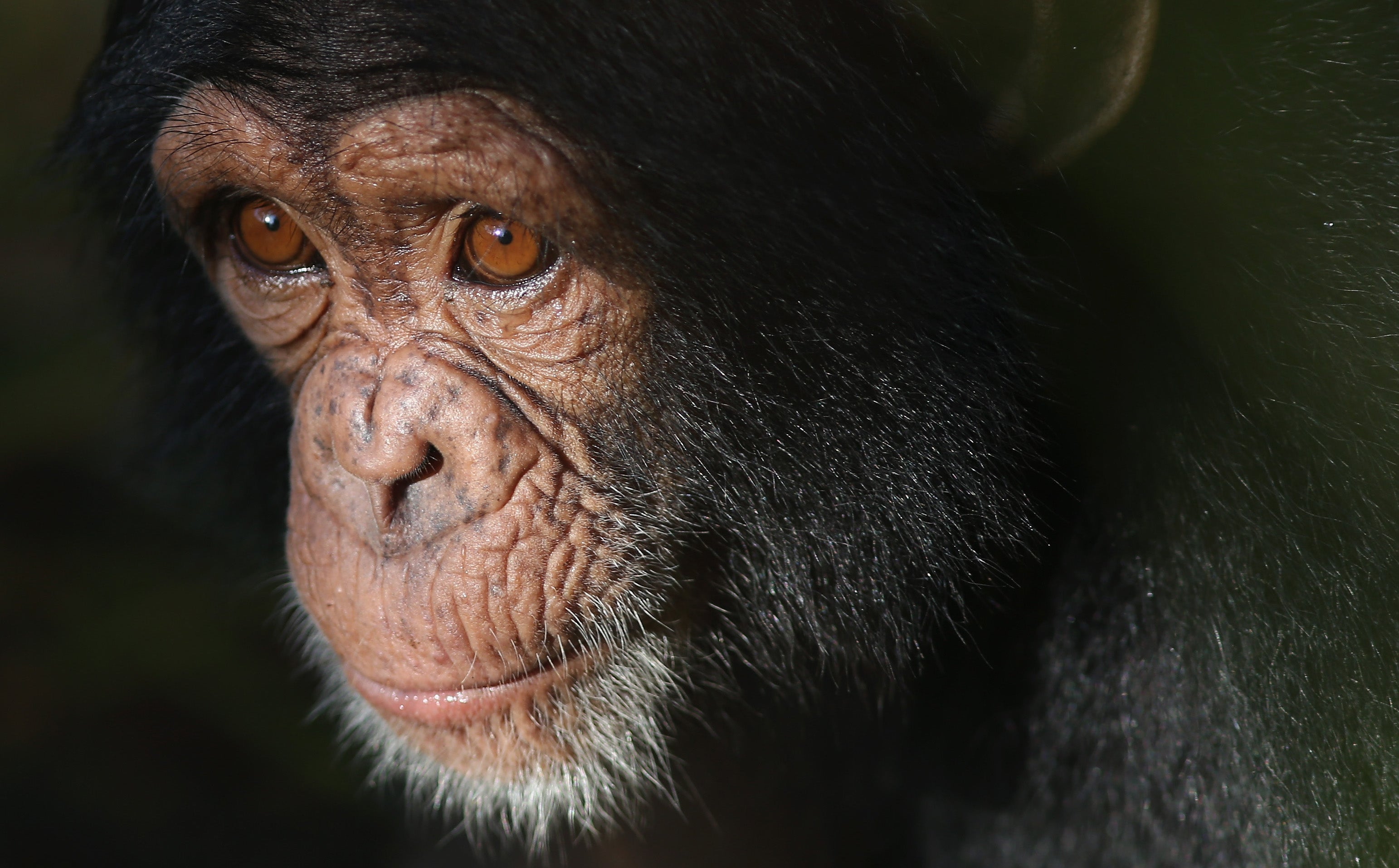Read a book and caught up with some science at Cambridge - both about the concept of human self versus being part of a great whole, and how a broader perspective can be life changing.
I very much enjoyed Karen Joy Fowler’s ‘We Are All Completely Beside Ourselves’"The plot turns on a volatile moment in behavioral psychology, the late 1970s, when Skinnerian dogmatists were duking it out with proponents of a more nuanced, evolutionary grasp of animal behavior. Primate subjects were prized for the ways they resembled humans in mirror-identity tests, language acquisition and more, but could still be dispatched as property at the end of the experimental day. Meanwhile, a fledgling animal rights movement was starting to count the bodies." (The New York Times)
A recent Cambridge alum reinforces the philosophical point that perhaps it is more rewarding to have a broader appreciation of life and our place, versus feeling superior to all the rest of it. Dr Kathelijne Koops works with chimpanzee's, bonobos and other primates and reflects that..."Defining intelligence or culture in a way that is restricted to humans makes no sense in the grand scheme of evolution. Once we widen these definitions to include other animals, we find culture in other primates, tool use, and incredible intelligence in corvids....(CAM 79 by University of Cambridge Development and Alumni Relations - issuu)
Beyond the philosophical and "at one with gaia" positioning, that broader perspective is incredibly important to the development of modern technologies. As the CAM article goes on to note, "AI neural networks and human brains both have neurones, but for the most part, the former are massively simpler than ours....today's AI is brilliant at very narrow competencies, whereas humans are good at pretty much everything,"
So perhaps replicating a human is not practical in the near term, but neither is it necessarily required, if we think a bit differently. Dr Fumiya Iida's team in the Dept of Engineering. "We are trying to take robots and build them to the level where we can treat them as another species - the 'life as it could be...Because even though robots are not the direct outcome of the evolutionary process, we could think about them as a new species - with a new mind"

Comments